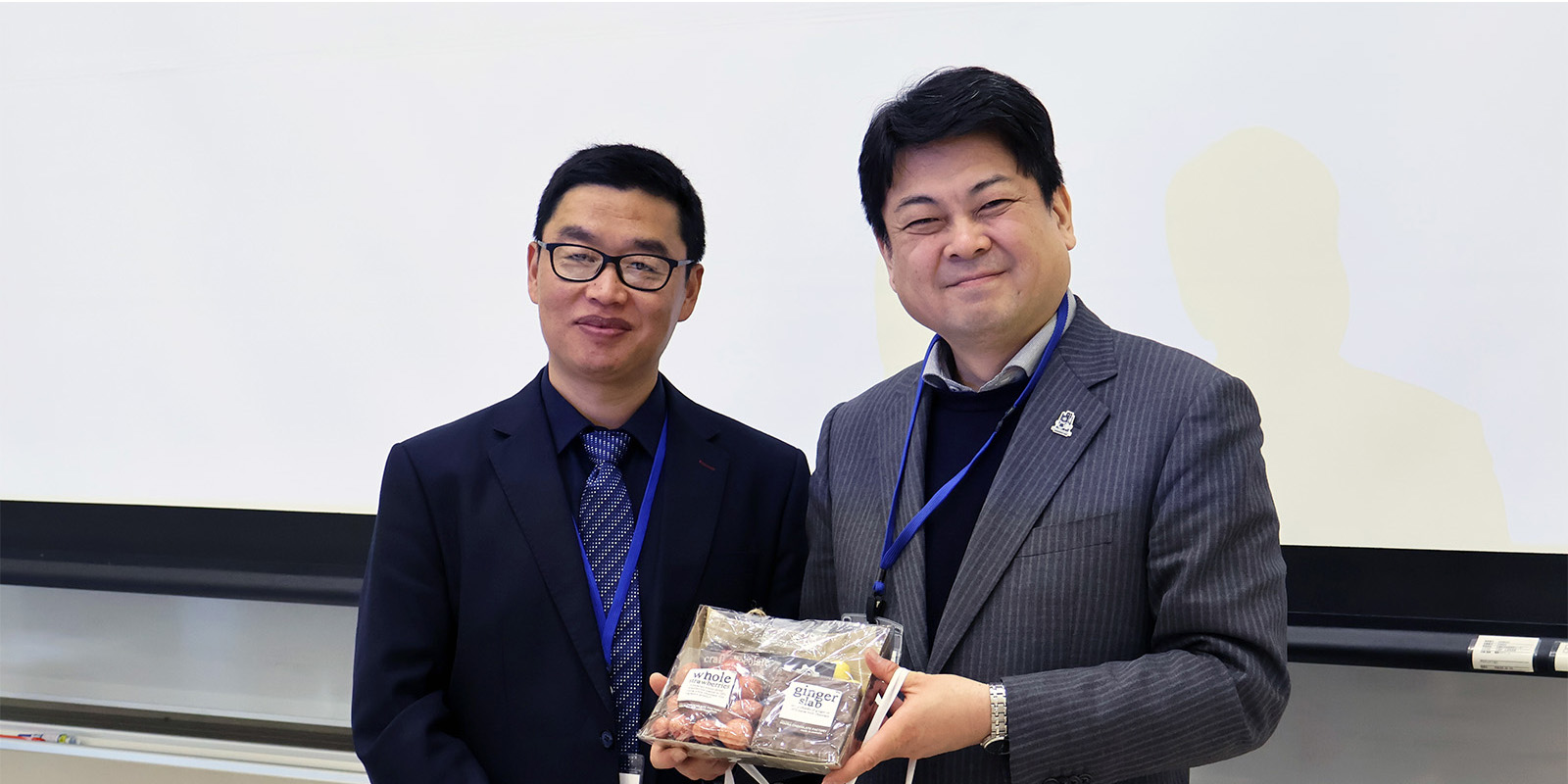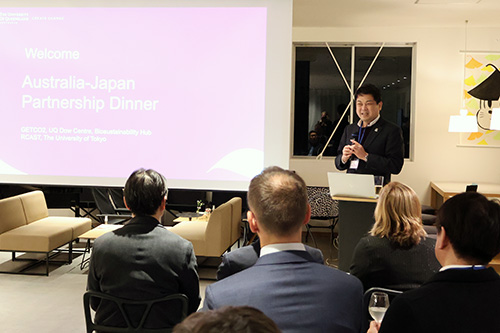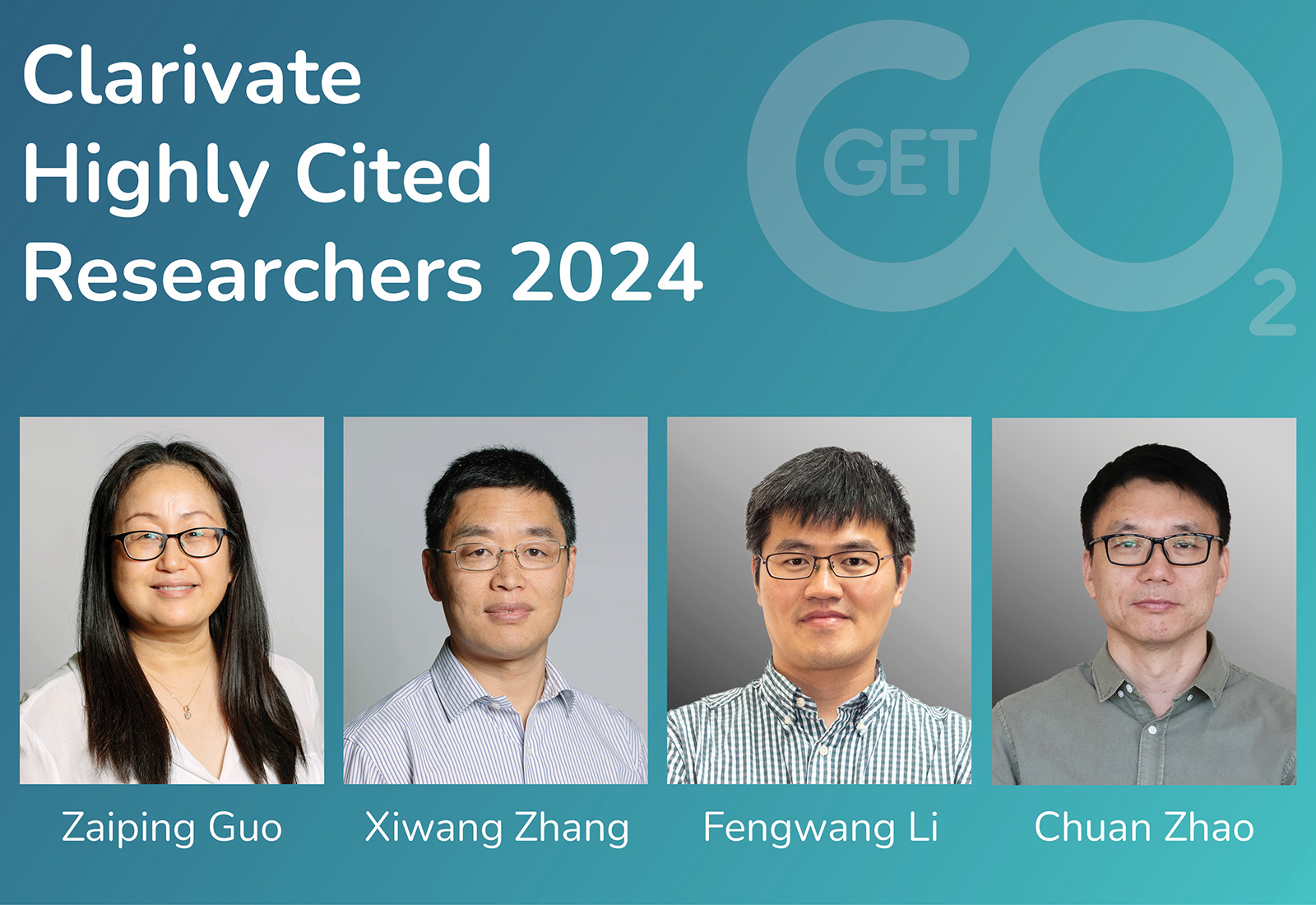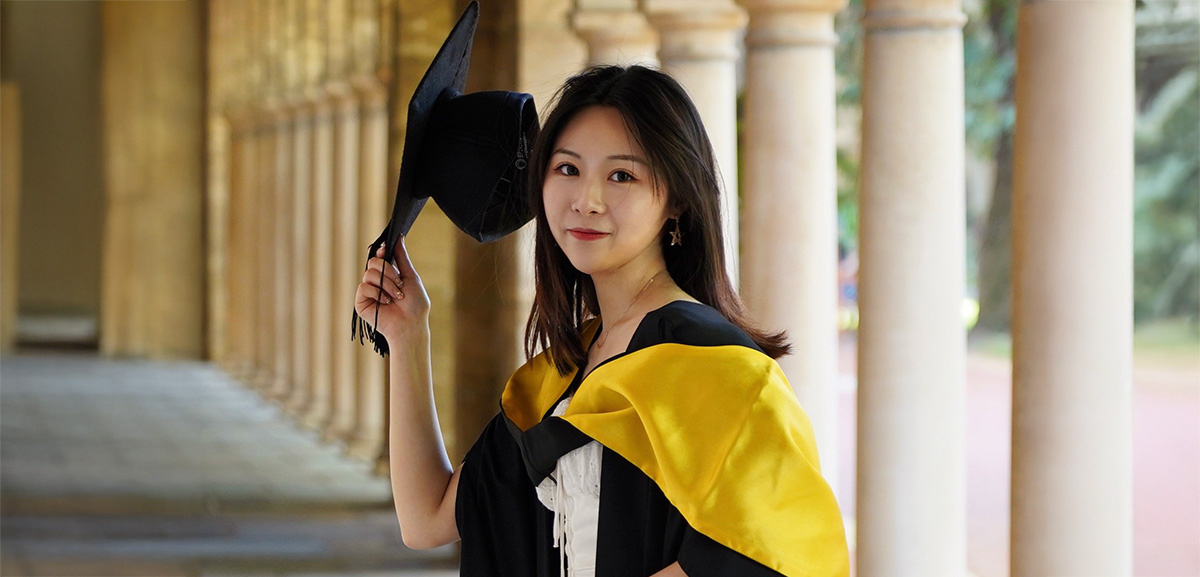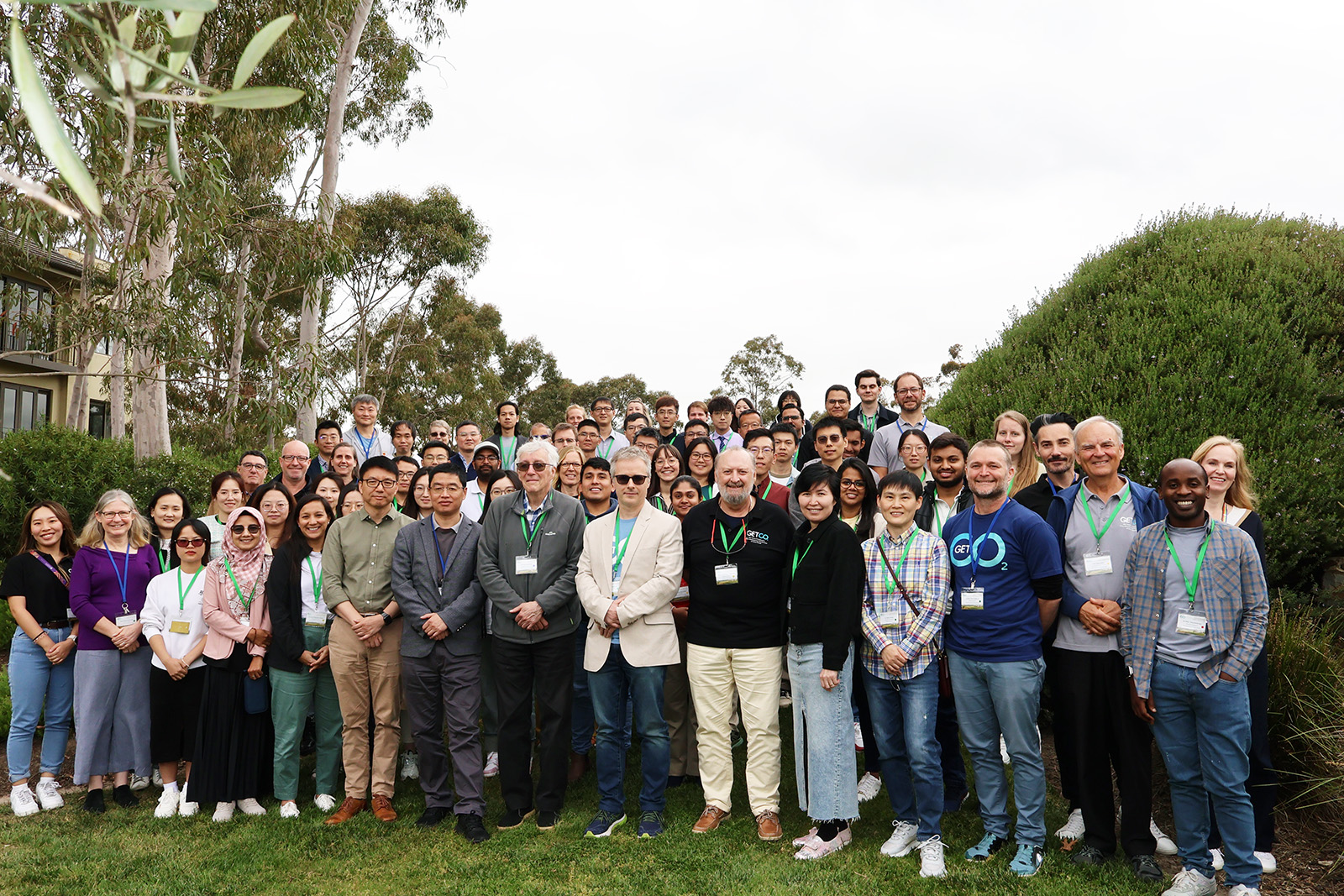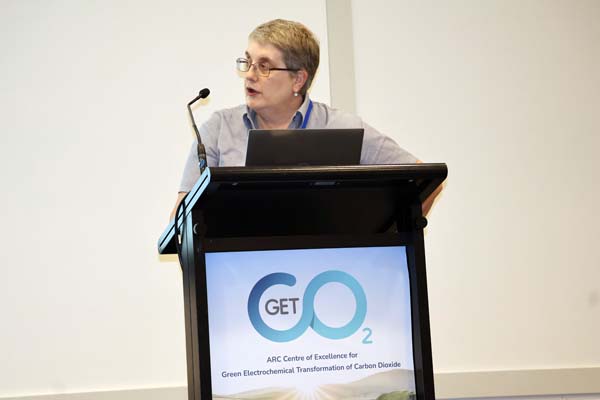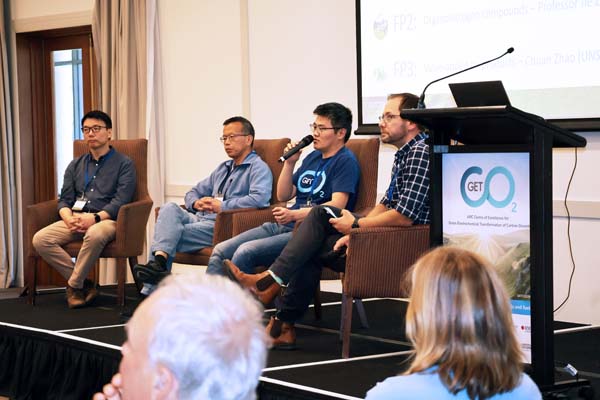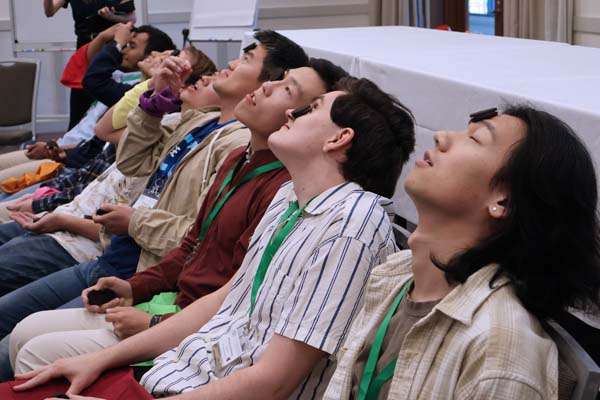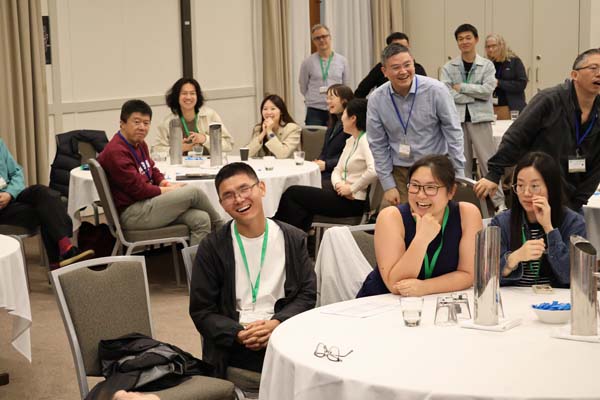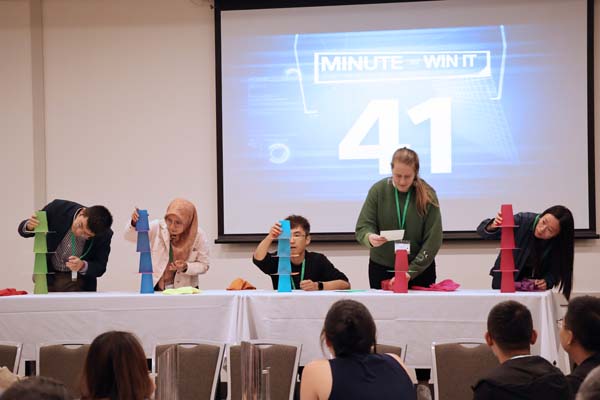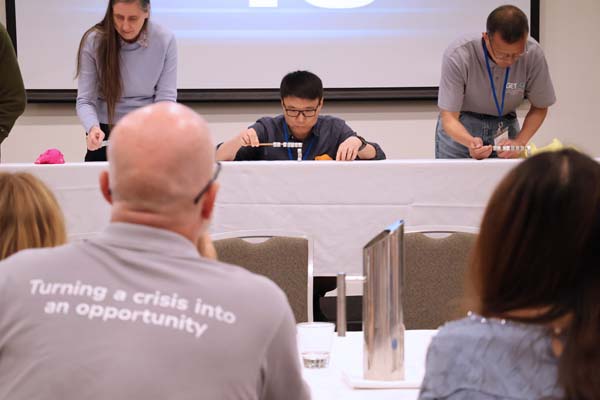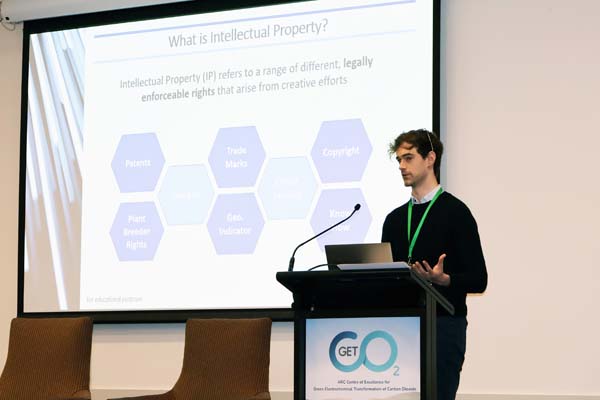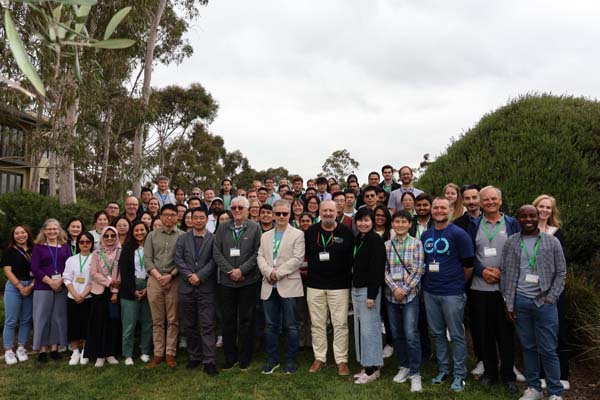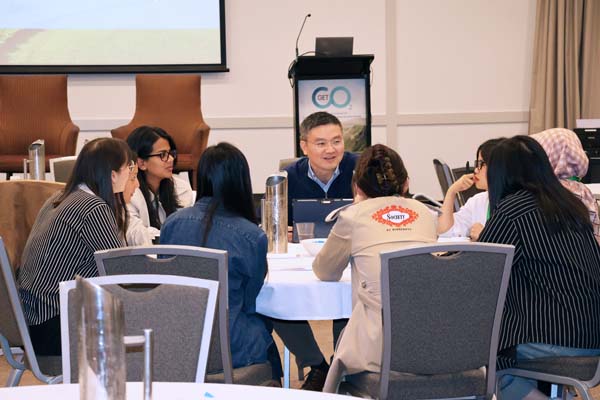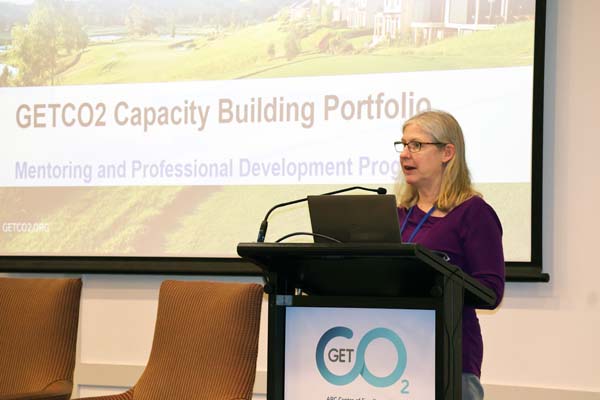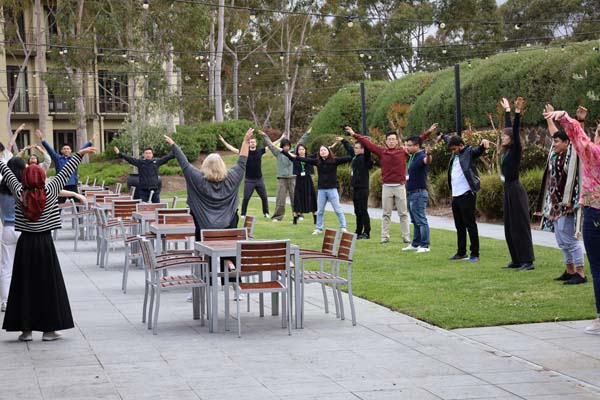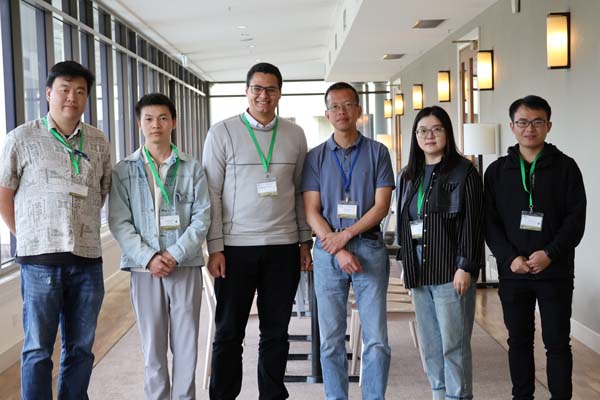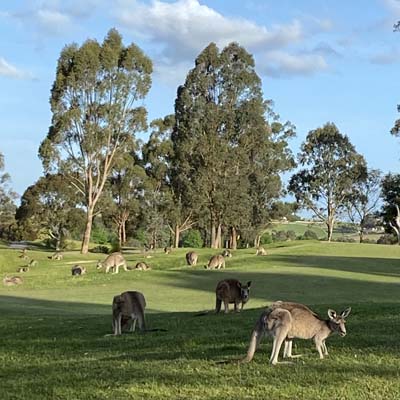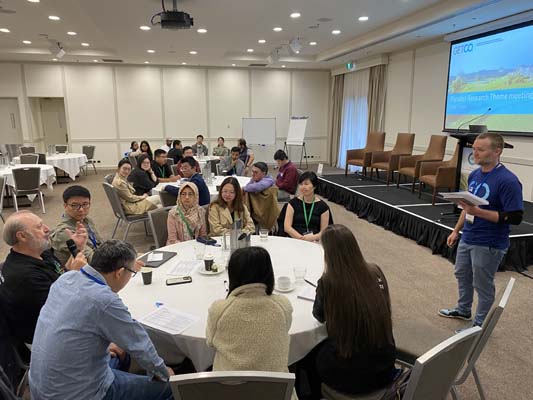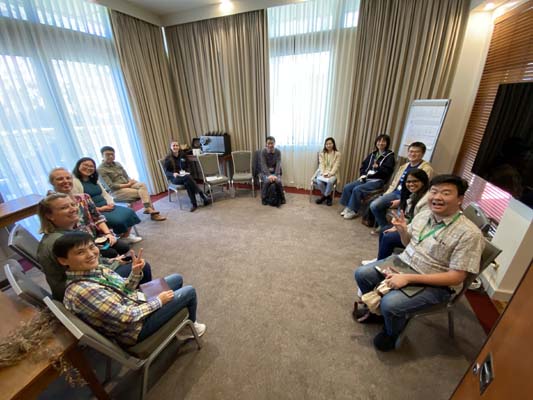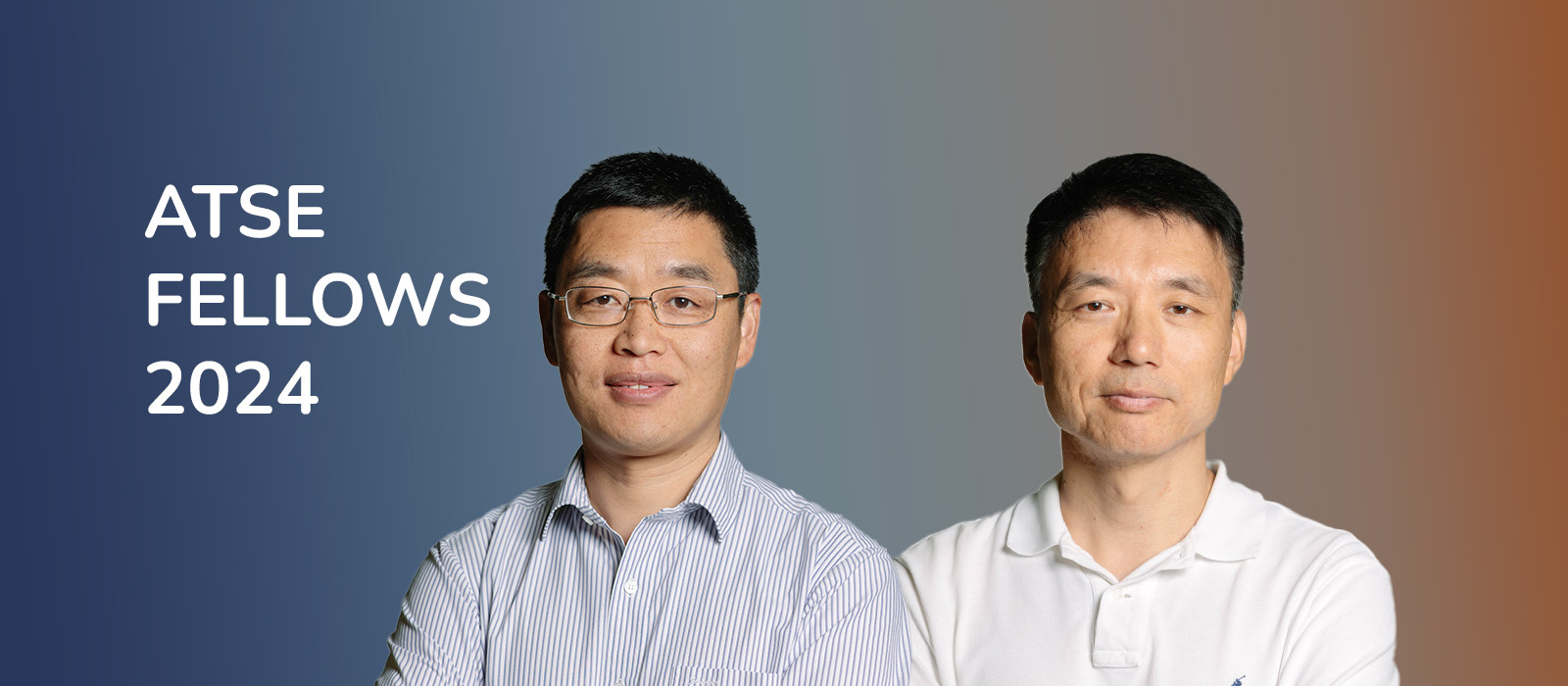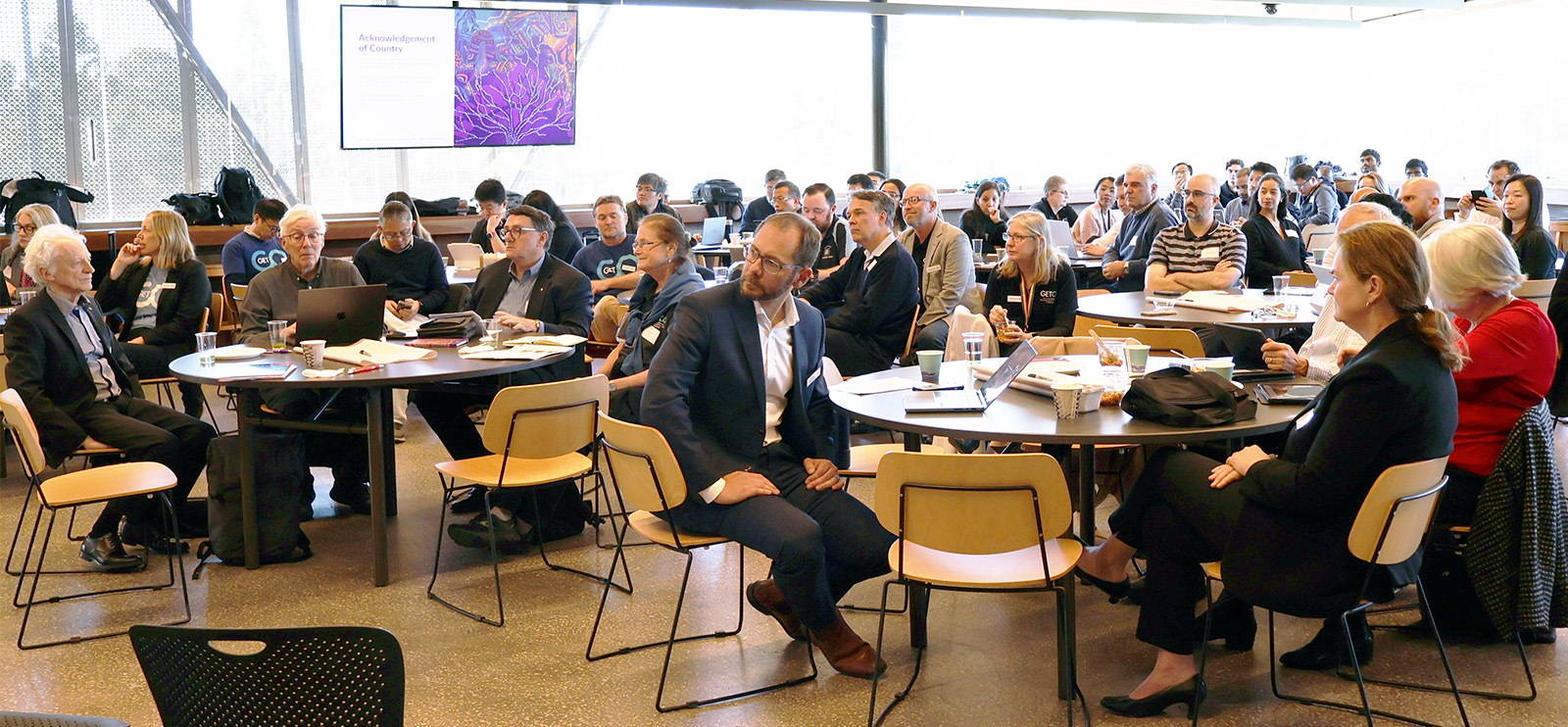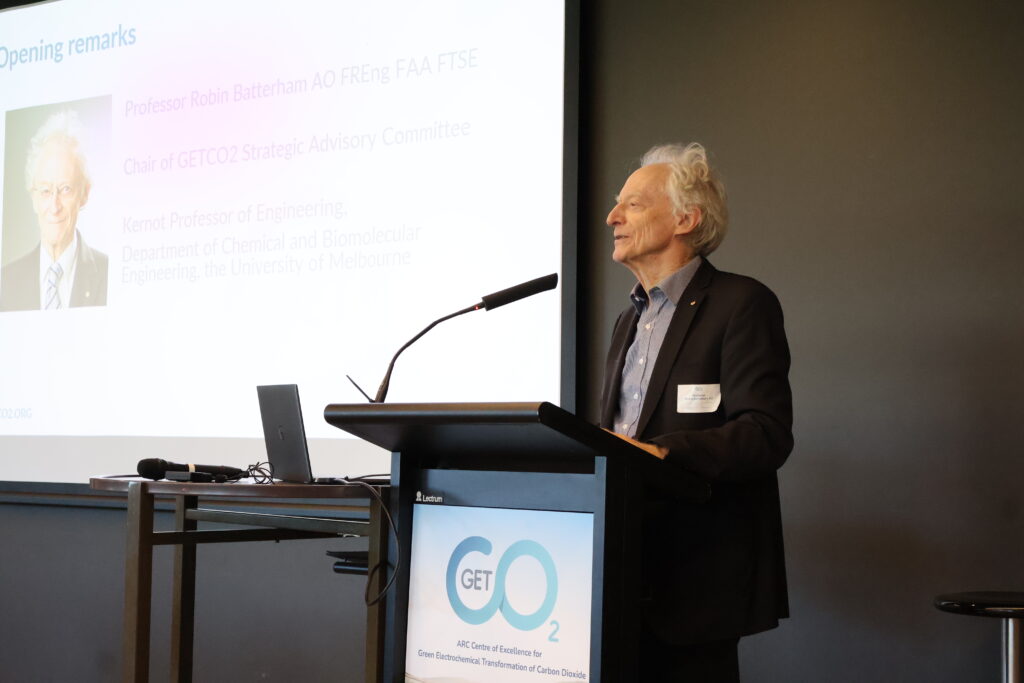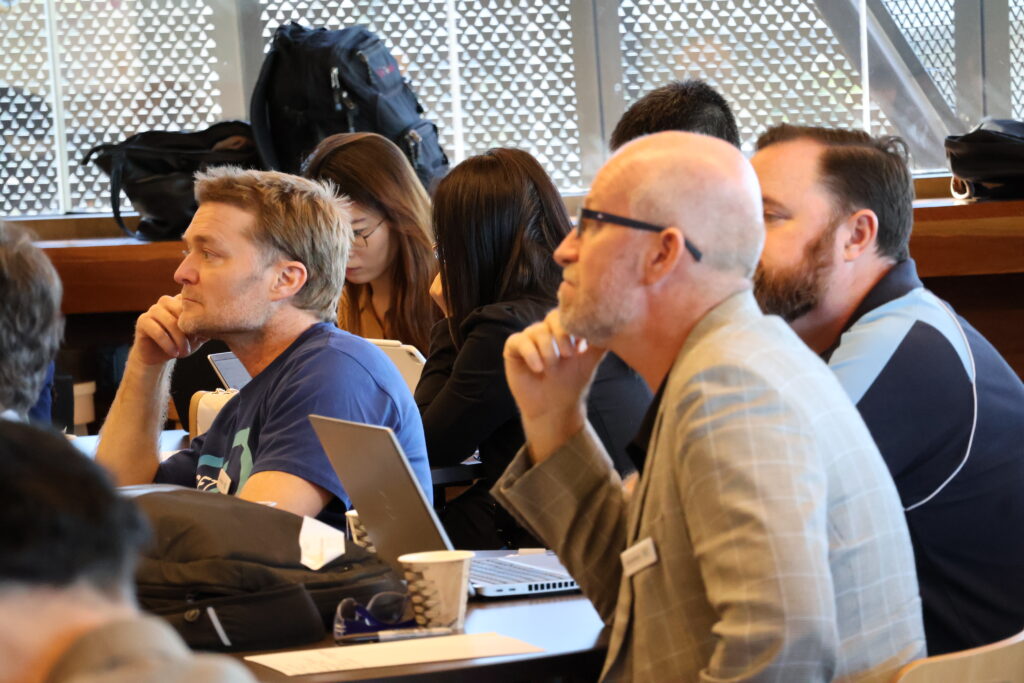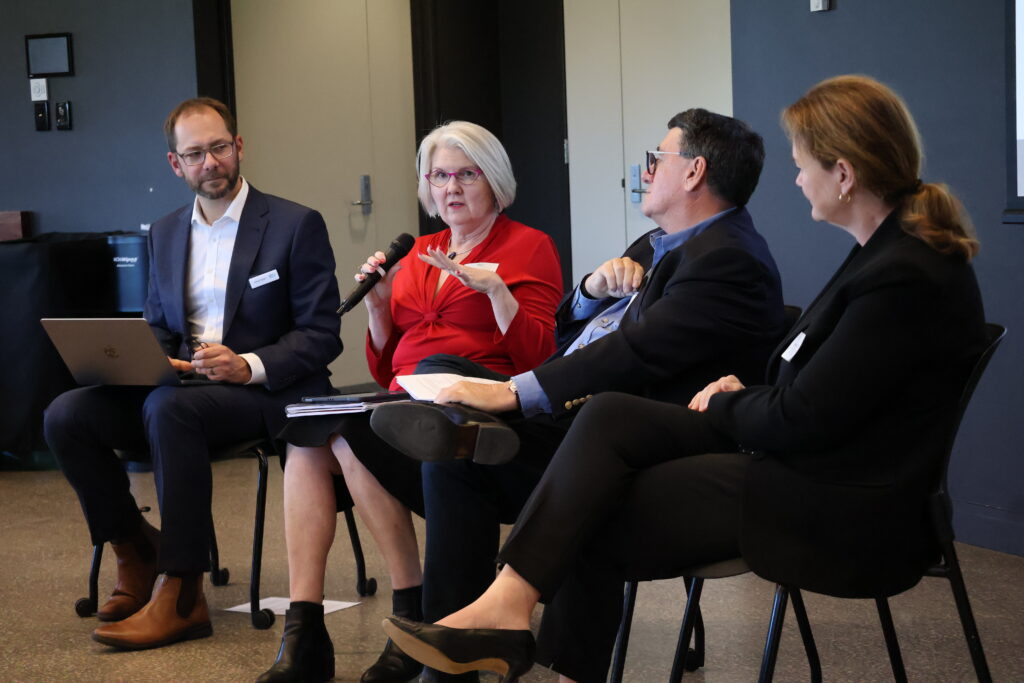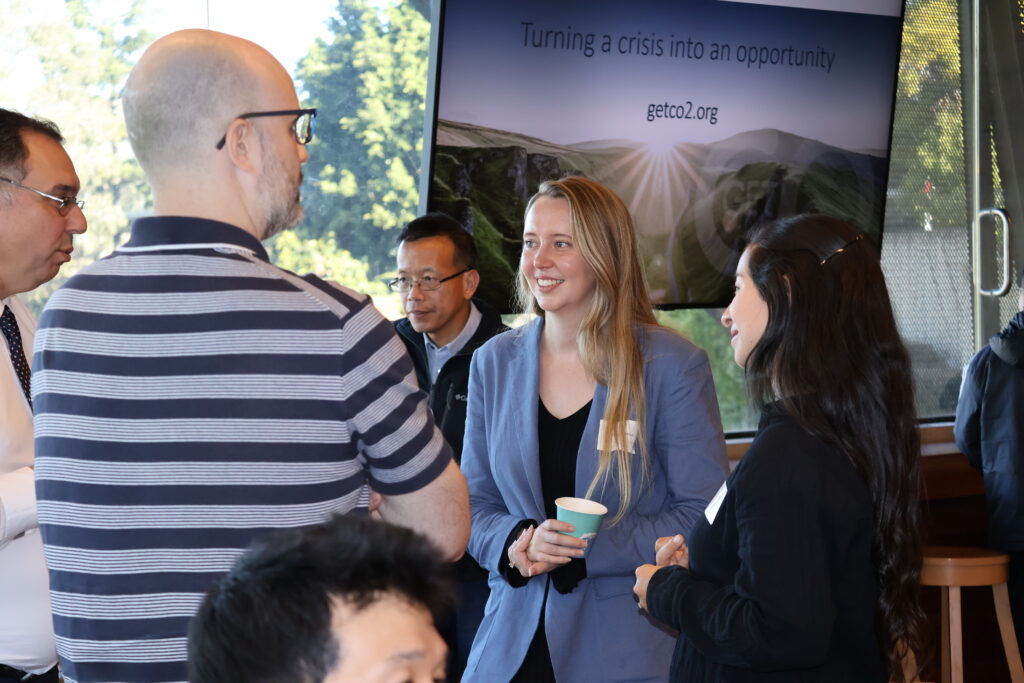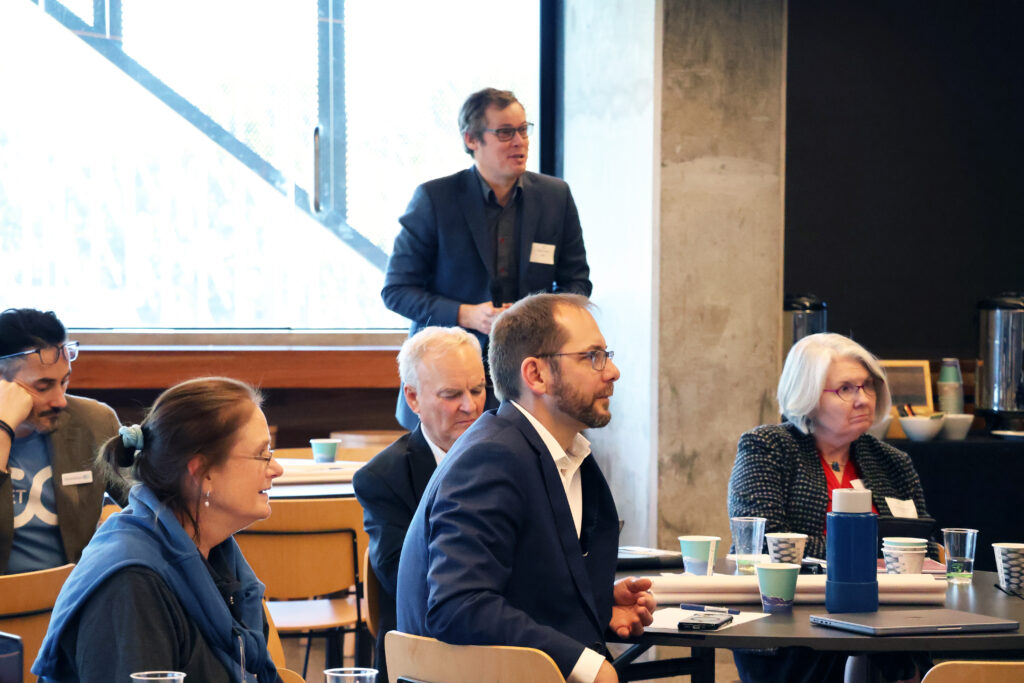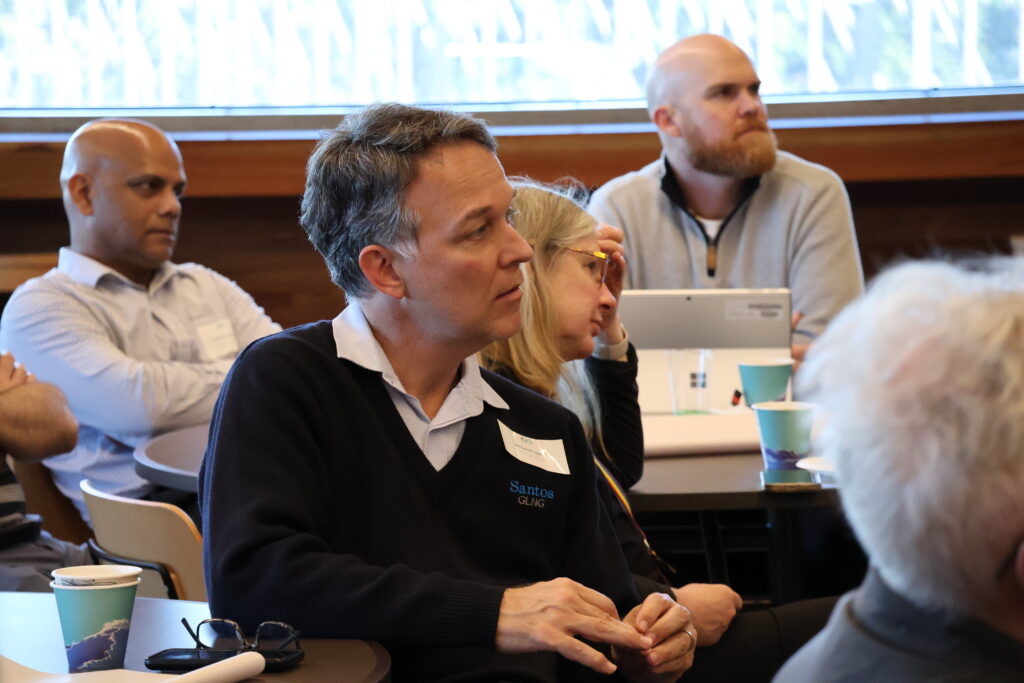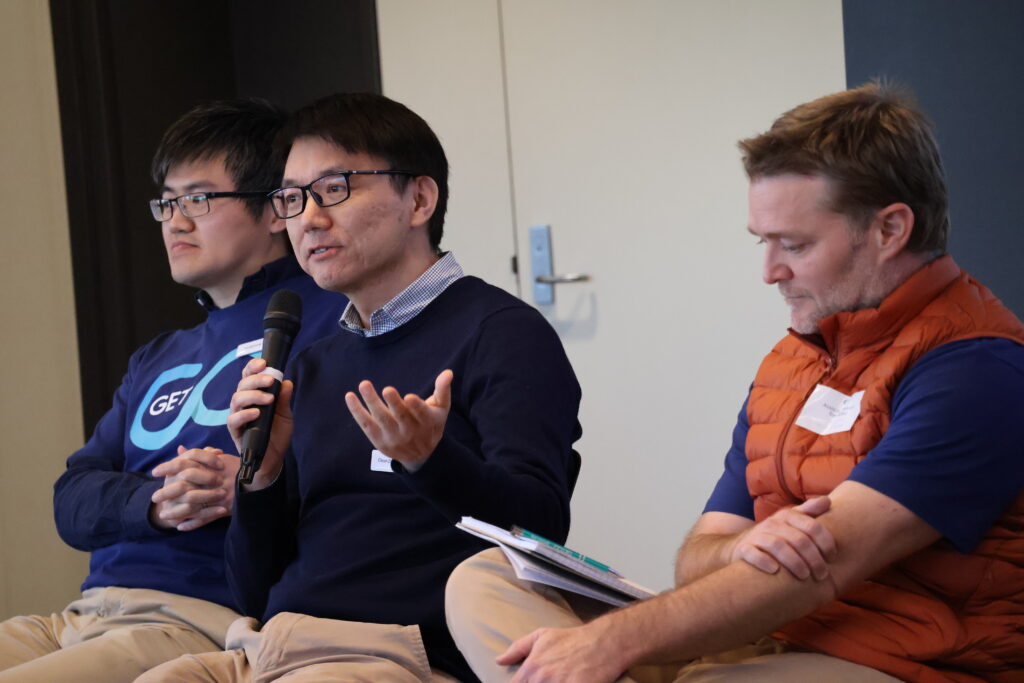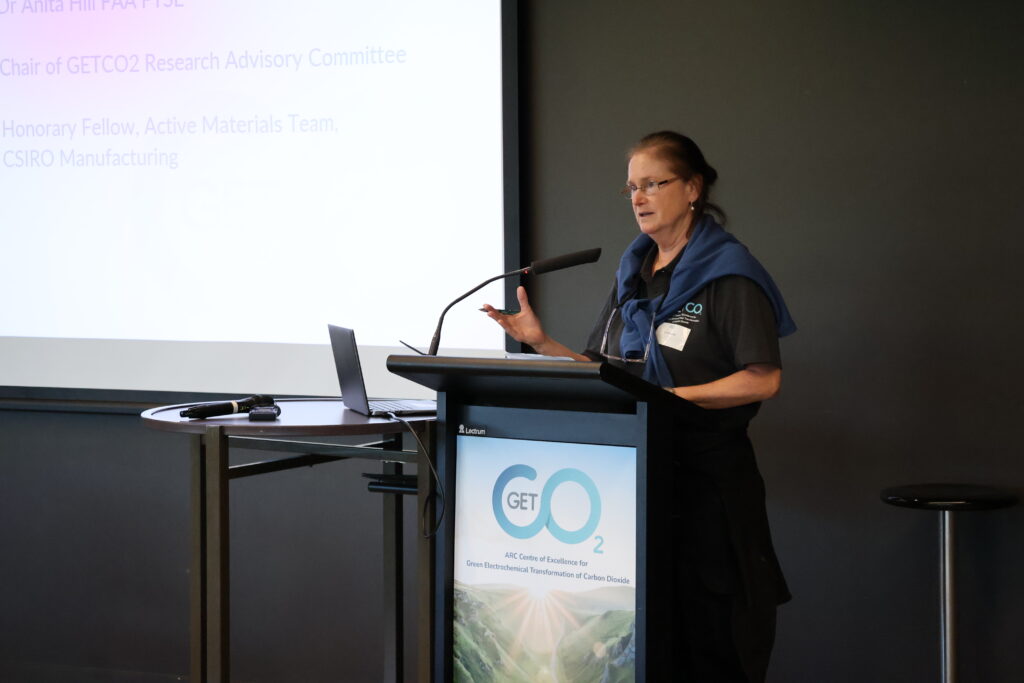Ruth Knibbe is an ARC Future Fellow, Associate Professor, and Deputy Head of the School of Mechanical and Mining Engineering at the University of Queensland. After earning her PhD in Australia, she worked in Denmark and New Zealand, focusing on high-temperature electrolysis (steam and CO₂) and superconductors. Her research explores materials for energy generation and storage, with a focus on electrochemistry and electron microscopy. She is passionate about research and thrives on collaborating with diverse, interdisciplinary teams.
What role do mentorship and collaboration play in your work, and how have you experienced the impact of these?
More than mentorship, I have benefited from advocacy. You need to know that people have your back when you aren’t in the room. These soft powers are incredibly important in the initial stages of our careers.
What challenges have you faced as a woman in your field of work, and how have you overcome them?
One of the biggest challenges I have faced is managing caring responsibilities in a male-dominated environment. Balancing the demands of caregiving for children and family alongside an intense job that requires travel is difficult. While we can include a brief statement on performance relative to opportunity for funding applications, the impact of caregiving is generally only acknowledged in relation to specific leave, rather than as a continuous factor.
I have navigated this challenge by taking it one step at a time while also advocating for men to take the parental leave they are entitled to. Encouraging shared caregiving responsibilities not only eases the burden on individuals but also benefits society as a whole.
This year’s theme is “March Forward”. What do you think are the next steps towards a gender-equal future?
Ensuring strong collaboration between diverse teams needs to be at the core of what is done – this is how we unpick the most difficult challenges.
We need to listen to the voices of emerging researchers to understand the challenges they are currently facing as the challenges are always evolving.
How do you see the role of women evolving in the field of chemical engineering and sustainability over the next decade?
There are already many prominent women working in this space in industry. What I would love to see is more women leading in the space of entrepreneurship and leadership.
What advice would you give to young women and girls who aspire to pursue careers in STEM, particularly in chemical engineering and sustainability?
Know yourself. Find your own independent voice. Establish your pathway & have lots of fun along the way.




